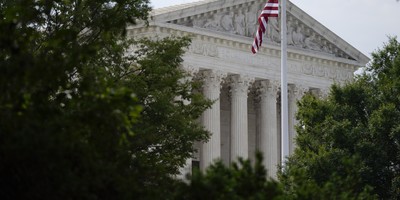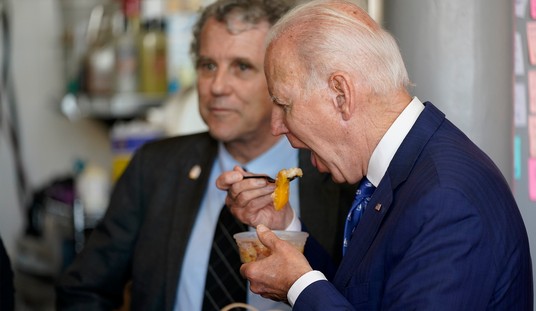The future of America’s partnership with Pakistan may now be in doubt following the resignation of President Pervez Musharraf. In the past, Pakistan, behind the leadership of President Musharraf, has been an important ally in the fight against terrorism. Now that the future of this relationship is clouded with uncertainty, the U.S. must look to its own military capabilities to ensure that the long-term mission in Afghanistan is successful.
One of the greatest threats to this mission remains the incursion of terrorists across the 1,500-mile border separating Pakistan and Afghanistan, particularly the 500-mile border along the Federally Administered Tribal Area. This area--inhabited by Pushtun tribes and comprised of rugged terrain--continues to facilitate the lethal migration of Taliban and al-Qaeda fighter across the border.
The effectiveness of these fighters is illustrated by last month’s attack on a patrol element of the 173rd Airborne Combat Team near the border village of Wanat. While the enemy was prevented from taking position and ultimately defeated, nine U.S. soldiers were killed and 15 others were wounded. Clearly, the incursion of terrorists across the border presents a significant threat to U.S. ground forces.
Rugged border terrain may not be well suited for infantry patrols, but it is made to order for the ‘curtaining’ of Intelligence, Surveillance and Reconnaissance (ISR) coverage. ISR capability is America’s 21st Century advantage for covering small to large sized areas with ‘persistent” tactical surveillance through the use of cameras that are attached to unmanned aerial vehicles (UAVs).
Recommended
This type of surveillance has successfully aided the U.S. in targeting roadside bomb emplacers in Iraq and, if utilized properly in Afghanistan, will prove equally valuable. A corps of UAVs, supplemented by manned systems and linked to a quick reactionary force of fighter aircraft, helicopters or artillery, could effectively identify and interdict al-Qaeda and Taliban terrorists moving across the borderland.
Once insurgents are detected, they can be monitored by a succession of aircraft supplemented by ground observation posts and dealt with immediately by air-to-ground firepower. When all the transit corridors along the Afghanistan-Pakistan border are covered by a curtain of persistent tactical surveillance, surprise attacks against U.S. ground forces along the border, such as the recent attack against the 173rd Airborne Brigade Combat Team, will be increasingly more difficult for the enemy to execute.
By creating an ISR curtain, the U.S. will be better positioned to protect ground combat forces and support ongoing operations in Afghanistan. The increased presence of UAVs in the region will also serve to reduce the requirement for large numbers of infantry troops.
The U.S. should move quickly to establish an ISR curtain across the Afghanistan-Pakistan border. Doing so will provide a new dimension to the U.S. mission in Afghanistan and serve as a source of valuable intelligence for Pakistani and Afghan security services well after the allies are gone.
It remains unclear whether the new Pakistani government can be counted on as a reliable ally in the war against terrorism. President Musharraf has been a strong ally in this fight but only time will tell what the future holds. Until then, we must take the necessary steps to ensure our troops and mission in Afghanistan are protected, starting with the immediate creation of an integrated surveillance network on the border.

























Join the conversation as a VIP Member